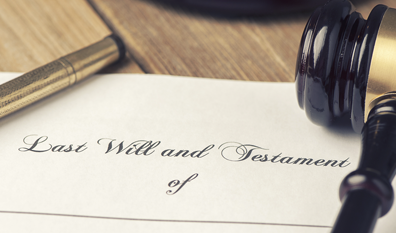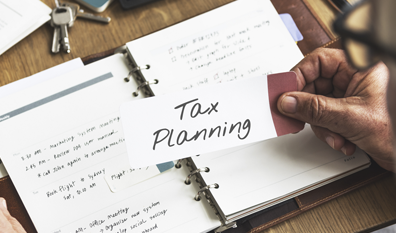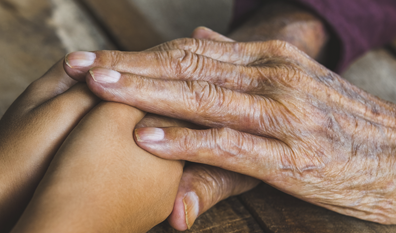Have you ever thought about what would happen to you, your home or your assets if you became mentally incapable of looking after your own affairs?
A Lasting Power of Attorney is a legal document that lets you appoint one or more people to help you make decisions. If you have an accident or an illness and you lose mental capacity, your nominated individuals will ensure your wishes are carried out, or make decisions on your behalf.
Lasting Power of Attorney
There are two types of Lasting Power of Attorney:
- Health and Welfare – this covers decisions such as where you will live, your daily care and any medical treatment
- Property and Financial Affairs – this covers decisions about your finances, such as managing bank accounts, making payments, and buying/selling property
The purpose of either type of Lasting Power of Attorney is to nominate individuals of your choice who can assist with decisions relating to your health, welfare or financial affairs if you become mentally incapable of managing these matters yourself.
Note that a Lasting Power of Attorney essentially replaced the previous Enduring Power of Attorney in October 2007. While Enduring Powers of Attorney made and signed before October 1, 2007 can still be used, after that date a donor would have had to make a Lasting Power of Attorney instead.
Appointing attorneys – what the donor does
A donor's role is to select the people they want to appoint as their attorneys. It's recommended that more than one attorney is appointed, in case the person can't act for some reason.
As a donor, you should choose:
- Someone you trust to make the right decisions on your behalf
- Someone who is competent to carry out the work they may have to do
- Someone who is honest.
When you make your Lasting Power of Attorney you can limit the powers of the attorney, or provide guidance.
For example under a 'property and financial affairs' Lasting Power of Attorney you may stipulate that any money should be saved in cash-based accounts, rather than in shares or other riskier investments.
What an attorney does
An attorney's legal responsibilities include:
- Acting in the donor's best interests
- Acting in accordance with the terms of the Lasting Power of Attorney
- Taking reasonable care when making decisions on the donor's behalf
An attorney is there to help the donor to make their own decisions (where possible). Attorneys should always start from the assumption that the donor is capable, looking for ways to help the donor make the decision rather than just taking control.
It's also important to note that attorney only has the authority to act under the specific remit of the Lasting Power of Attorney. For example, if an attorney is appointed under a property and financial affairs Lasting Power of Attorney, they do not have the authority to make health and welfare decisions.
If an individual nominates more than one attorney, the attorneys may be required to make some or all decisions together rather than independently.
The role of the Certificate Provider
In order for a Lasting Power of Attorney to be valid and registered with the Office of the Public Guardian, it must contain a certificate confirming that the donor has full mental capacity when making it.
This certificate has to be completed by an independent person who confirms the donor has capacity and they know what the Lasting Power of Attorney means. The person who signs the certificate is the 'Certificate Provider'.
While this person can be someone the donor has known for at least two years, it is often a professional such as a doctor, financial adviser or solicitor. It can't be a family member, an employee of the donor or an employee of a care home in which a donor resides.
Deputyship Order – where there is no Lasting Power of Attorney in place
Where there is no Lasting Power of Attorney in place, the Court of Protection might issue a Deputyship Order in order to give an individual the ability to make decisions on behalf of someone who has lost the capacity to care for and make decisions for themselves.
A deputy is a person appointed by the Court of Protection to be legally responsible for someone who lacks capacity to make decisions for themselves where there is no Power of Attorney in place.
Read less













